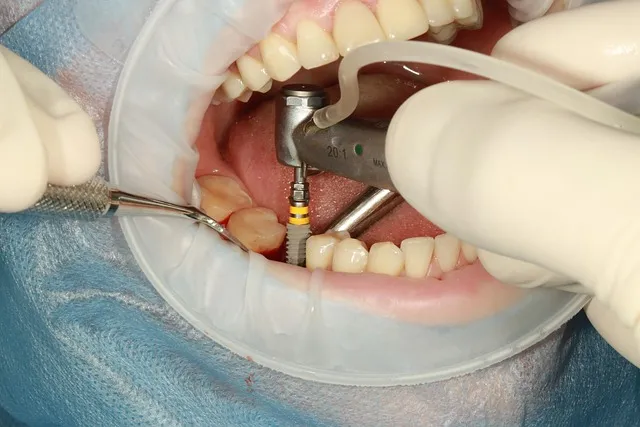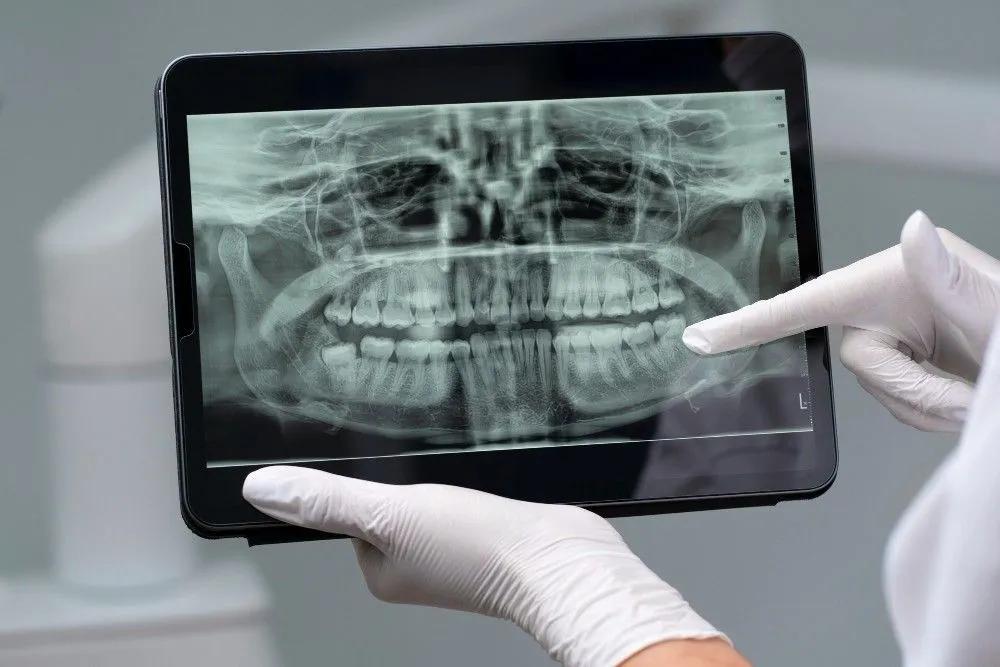Many people snore when they sleep. Around 45% of adults occasionally snore, while 25% say it's a frequent problem. If you sleep alone, snoring may not be a big deal; however, those with partners are bound to tell a different story. Unfortunately, most people with snoring problems don't know the cause or the solution. As a result, they continue to suffer in silence and endure the embarrassment of sleeping alone.In most cases of snoring, the problem is airway obstruction. Obstructive sleep apnea is a common condition where an individual's airway is partially obstructed as they sleep, resulting in snoring. Most people will experience mild forms of the disease and only suffer from snoring. However, in severe cases, there is sleep interruption and frequent, temporary cessation of the breathing function, apnea. With all that said, how does your oral health affect snoring?Some dental conditions are associated with snoring, such as bruxism, temporomandibular joint disorders and mouth breathing.
Bruxism
This condition is marked by grinding teeth or clenching of the jaw. It often occurs during sleep, although in severe cases, it happens at any time. Around 30% of adults suffer from bruxism and a quarter complain of snoring. Unfortunately, bruxism has an insidious onset, and most people don't know they have the problem. Nonetheless, the progressive effect on oral health is enough to raise suspicion from a dentist.Some of the effects of bruxism on oral health include; loss of teeth, chipped teeth, eroded enamels and frequent cavities. A dentist will pick up the progressive changes and evaluate for the disease. In most cases, a referral to a sleep medicine specialist is needed to confirm the diagnosis. Management of bruxism depends on the severity. In mild cases, the condition resolves with simple sleep therapy and stress management. Medications like muscle relaxants and anxiolytics are also effective. However, severe cases require dental approaches. These may includeMouth Guards and Splints
Mouth guards cover your teeth as protection against trauma. On the other hand, splints or night guards restrict jaw movement to prevent grinding. The two dental devices are customised for a snug fit and have impeccable results in managing snoring from sleep apnea.Dental Correction
In severe cases of bruxism where the loss of teeth or chipping is extensive, the dentist may need to reshape the chewing surfaces and use crowns to repair the damage.TMJ
The temporomandibular joint (TMJ) connects the upper and lower jaw. Everyone has two joints, one on either side of the face. Unfortunately, TMJ disorders are strongly linked to sleep apnea. Regardless of other risk factors, approximately 70% of people with TMJ disorders have snoring problems.Some symptoms of TMJ disorders include jaw pain, pain around the shoulder and neck, chewing difficulties and a locked jaw. Luckily, TMJ disorders eventually resolve with good management. Some of the therapies available include; stress management, physiotherapy and the use of night guards.Mouth Breathing
More often than not, people who snore breathe through their mouths as they sleep due to airway obstruction. Unfortunately, breathing through your mouth leads to a dry mouth which is a harbour for tooth decay, gingivitis, periodontal disease and oral sores. You may also develop bad breath and hoarseness.Several management approaches can resolve mouth breathing. These include breathing exercises, sleep therapy and stress management. Nonetheless, the leading cause of mouth breathing is airway obstruction from weight gain. This explains why snoring is common among obese individuals. Therefore, a definitive solution to the problem is weight management. Also Read: 5 Unhealthy Habits That Can Put Your Oral Health At Risk.What Can You Do?
If you snore, there are several things you can do to manage the problem. Firstly, a dental check-up would be necessary to assess the cause. Subtle symptoms of bruxism and TMJ disorders cannot escape the keen eye of a dentist. Moreover, your dentist will assess the effects of snoring on your oral health and offer treatment.Secondly, some lifestyle modifications can go a long way in managing your snoring problem. For example, weight management offers great results. Weight loss significantly improves sleep apnea and associated snoring, especially in people with a high body mass index (BMI). Therefore, a good diet and weight loss program might be the solution you need.Finally, it's crucial to get support through therapy. Snoring can cause a strain on relationships, and the journey to complete resolution can be tedious. Therefore, talk to your partner to make the journey smooth.
Reviewed by







